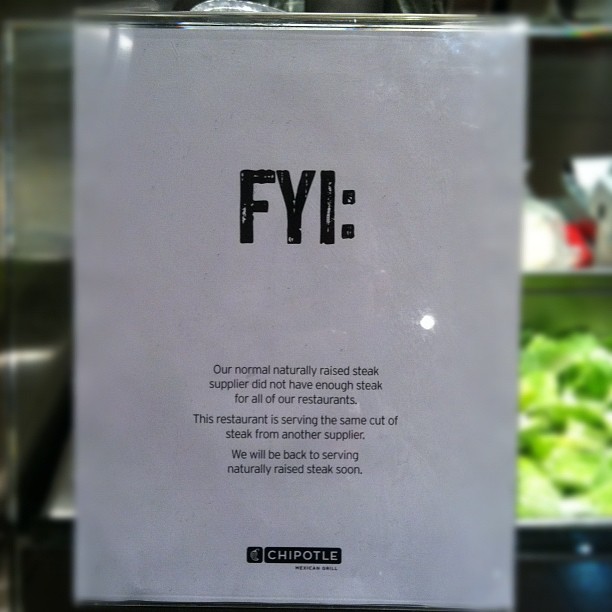Walmart has tightened the controls on suppliers- gone are the days of three strikes you’re out in supplying to Walmart. The company recently notified suppliers of their change in policy. Failure to adhere to their sourcing standards will eliminate suppliers from their supply chain. This policy change is the result of learning that the Tazreen Fashion Fire that killed over 100 garment workers on November 24, 2012 in Bangladesh, was manufacturing Walmart products.
While this plant was not an authorized supplier of Walmart, the tragedy still had a major impact on the organization. One that Walmart is taking very seriously. After investigation, it was determined this plant violated many safety standards. Mike Duke, CEO, recognizes that events like this definitely effect corporate reputations. In sorting out the details of this situation, Duke said at the Council for Foreign Relations in mid December 2012, “This is complicated, there are multiple steps in a supply chain.
There could be a supplier that may be based here in the United States and may be buying from factories, and sometimes there are subcontract factories. We have a requirement to know those factories, though, and in this case that violation occurred and we’re not going to do business with that particular supplier anymore.” It will be interesting to see if this catastrophe will be mentioned in the company’s next corporate social responsibility report.
The industrial fire in Bangladesh has demonstrated the consequences of suppliers not adhering to policies put forth by companies. This tragedy could have had a far greater impact on Walmart’s reputation if Walmart did not have supplier standards. Conversely, had the supplier not sourced the goods at this factory and adhered to Walmart’s standards, they would not have lost their contract. Clearly one can see that companies who do not effectively manage their supply chain can suffer huge risks to their brand. Internet viewers can see workers from the town in India where the fire took place holding up garments with their labels showing the products were made in the label’s sweatshop.
Recognizing the impact of doing business with the right suppliers continues to be a priority of organizations interested in their sustainability efforts. Since sustainability efforts look at the impact of how events affect the triple bottom line, people, planet and profit, we become more aware of the effects human rights violations effect organizations. Organizations are currently pushing for greater transparency by reporting on their labor and human rights practices. It is imperative for suppliers to understand and recognize their role in your organization. Monitoring suppliers’ performance is directly linked to the company and understanding what your expectations are regarding sustainability and human rights practices is critical in monitoring your suppliers’ efforts and their own company policies.



